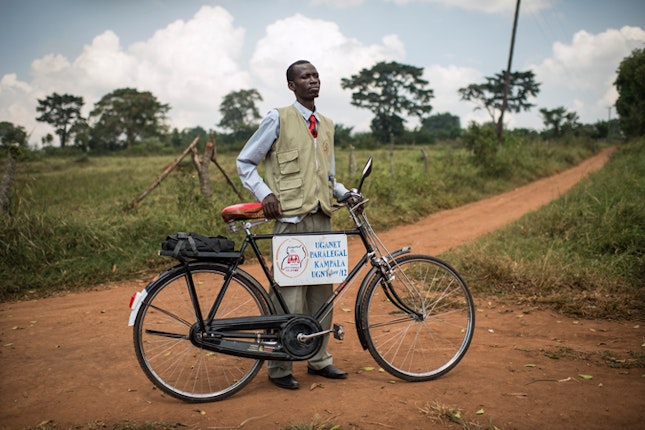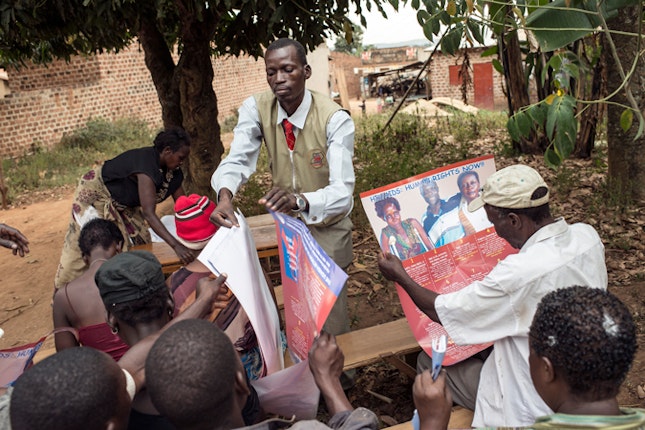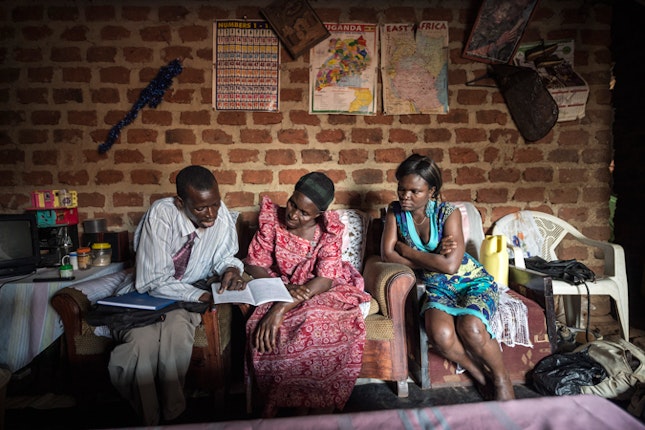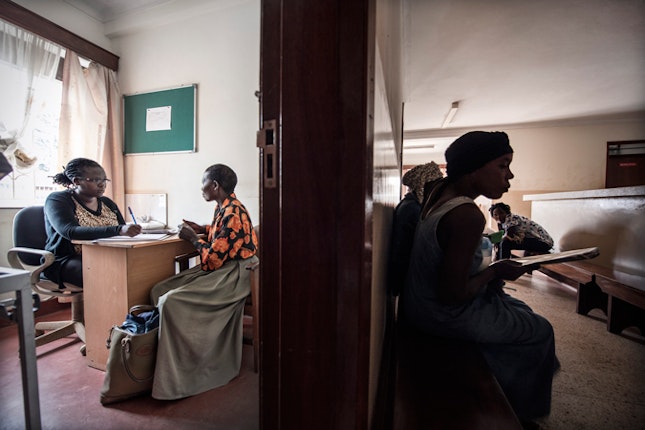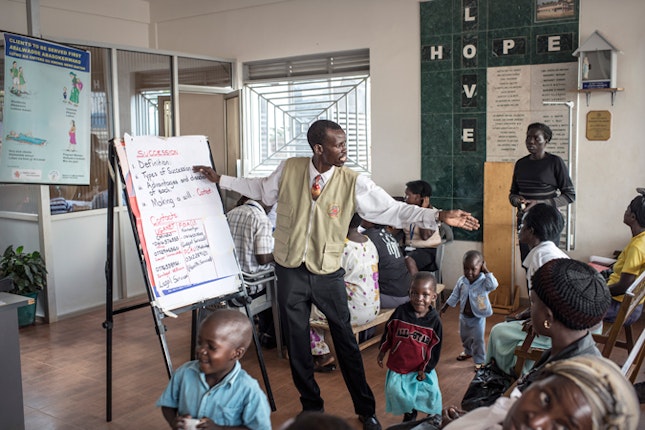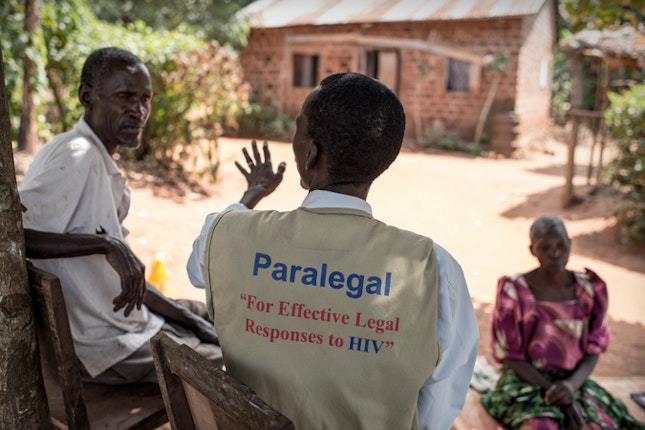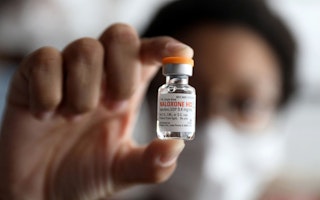Justice on Wheels
By Sebastian Krueger
Being a UGANET paralegal is a respected position in our community. I champion access to justice and ensure people’s rights are protected. When rights are protected, people’s health improves because they can access all sectors of society.
—Immaculate Owumugisha, UGANET doctor-lawyer
Uganda has a severe HIV epidemic. AIDS is the leading cause of death among adults. Widespread rights violations put some people at a greater risk of HIV—like widows, sex workers, children, and people with disabilities.
Family and neighbors often chase people living with HIV from their land because they believe that their death is imminent, and that their rights no longer matter. The families of people who die from AIDS often fail to ensure that children are cared for, leaving them to fend for themselves. Men often desert their wives upon discovering that they have HIV, leaving mothers destitute and without child support.
With five legal clinics and five staff lawyers, UGANET—a grantee of the Open Society Foundations—has trained more than 100 paralegals on basic principles of law enforcement, case assessment, conflict resolution, mediation, and negotiation. Paralegals are often selected from among people living with HIV and those who hold significant influence in their communities, whether they are traditional drummers or health care workers.
Paralegals travel by bicycles supplied by UGANET so that they can respond to the legal needs of large areas and conduct outreach at health care centers and community gatherings. Paralegals are also given special jackets and identifying documentation.
UGANET’s paralegals not only inform people living with HIV about their rights. They also mediate disputes, carry out follow-up consultations with the police, and empower people to engage in community activism and perform simple legal acts like preparing a will. They refer their more complicated cases to more thorough representation, and the regional UGANET lawyer visits each district four times a year to provide the community with direct access to a lawyer.
UGANET also facilitates access to justice in Ugandan communities through initiatives like regular community sensitization workshops on human rights violations, and legal education radio programs where UGANET staff teach legal concepts using examples of cases, inviting listeners to call in with questions.
“Recently during outreach, we met a woman with two children who had just lost her husband to HIV,” recounts Immaculate Owumugisha, a UGANET doctor-lawyer. “The husband had a small house in a suburb of Kampala. When he died, a relative of his chased her from the house and had the children removed. He believed that because she is HIV positive she would soon die and was therefore not entitled to her home or her children.
“We helped her assert her right to return to her home and get her children back. When people are able to retain their land, they can cultivate it to provide food and care for their families.”
This article and related photos are from a forthcoming Open Society report called Bringing Justice to Health: The Impact of Legal Empowerment Projects on Public Health.
Until May 2016, Sebastian Krueger was the communications officer for the Open Society Public Health Program.
